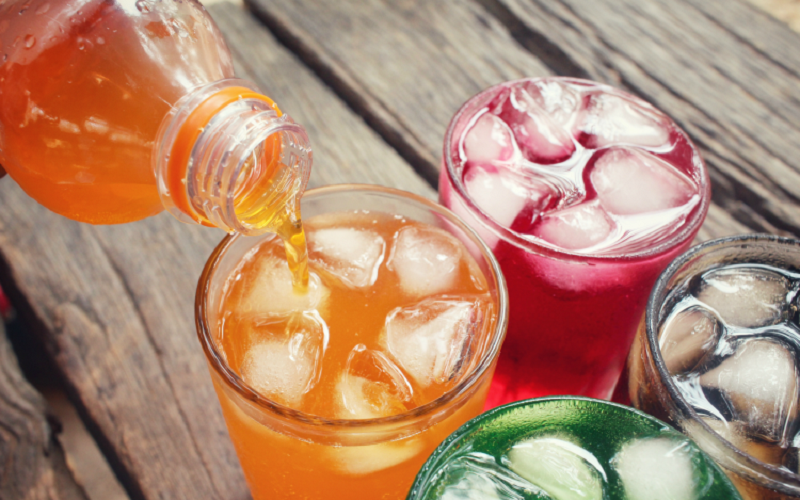
Some Irn Bru drinkers are wondering if 2018 really is getting off to the best of starts.
Barr’s decision to change the recipe of Irn Bru this month was controversial. The remaining quantities of the old recipe Irn Bru are, apparently, being panic bought. Social media campaigns and petitions have started protesting against the change or at least pushing for the current high-sugar formulation to be retained.
The effect of the recipe change will be to reduce the amount of sugar from approx 35g per can by slightly more than half. The sweet taste will be preserved through the replacement of sugar with sweeteners. It’s being done to avoid the significant increases in price which would be required later this year when the Government’s ‘sugar tax’ comes into effect. This imposes an additional tax of 24p per litre – around 8p for a typical can or 50p for a 2-litre bottle.
Interestingly, and possibly remembering the debacle from its recipe change in the 1980s, Coca Cola has decided not to change its recipe and will sell full-sugar Coke alongside the various diet and zero-calorie at the higher, taxed, price albeit it is changing bottle sizes.
From an Irn Bru drinker’s point of view this saddens me as I don’t like artificially sweetened food or drink. Each to their own, of course, but, to me, they taste worse than the real thing. I’d prefer to drink less of the sugary ones but enjoy them when I do.
Yet from an IP lawyer’s point of view, it’s fascinating. Changing the recipe for a product like Irn Bru to reduce the sugar content is a big business decision which must have been done after a lot of thought. Barr’s had already done this with some of their less prominent soft drinks and presumably observed how that went down with consumers. Above all, it demonstrates huge confidence in the strength of the “Irn Bru” brand. Irn Bru has been widely, innovatively and occasionally controversially marketed for many years. Within Scotland, it has a cultural significance and resonance beyond anything it sits alongside on a supermarket shelf – apart from possibly a Tunnock’s tea cake or a slice of lorne sausage. That investment, and the value and resonance its brand has to customers, must be key to reduce the risk of taking a step like this.
In the longer term, we may see this happen again. Both the UK and Scottish Governments have clearly concluded that the way to nudge us to healthier living is to make us pay more for the things which do us harm. It’s only a couple of months since the Supreme Court dismissed the challenge to the Scottish Government’s minimum alcohol pricing proposals which can now come into effect and will have a drastic effect on the market for cheap, high-alcohol drinks.
Faced with these measures, many food and drink businesses in years to come may need to choose between reformulating products to fit into different price points or refresh product lines as some of their offerings become commercially unviable. And not all of them will have a brand strong enough to have been made from girders to help them do it.
Liam McMonagle is a specialist Intellectual Property, Media and Technology solicitor. We are always delighted to talk without obligation about whether we might meet your needs. Call Liam on 0131 225 8705 or email lmcmonagle@thorntons-law.co.uk
